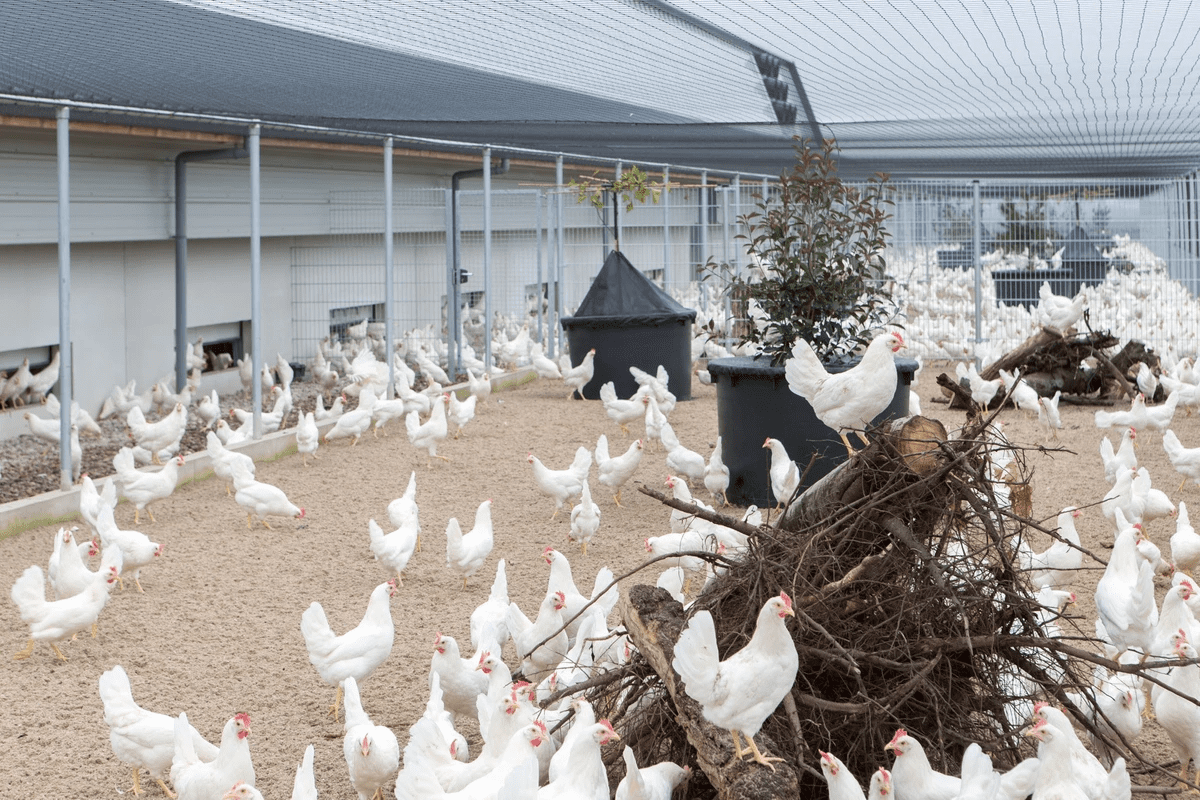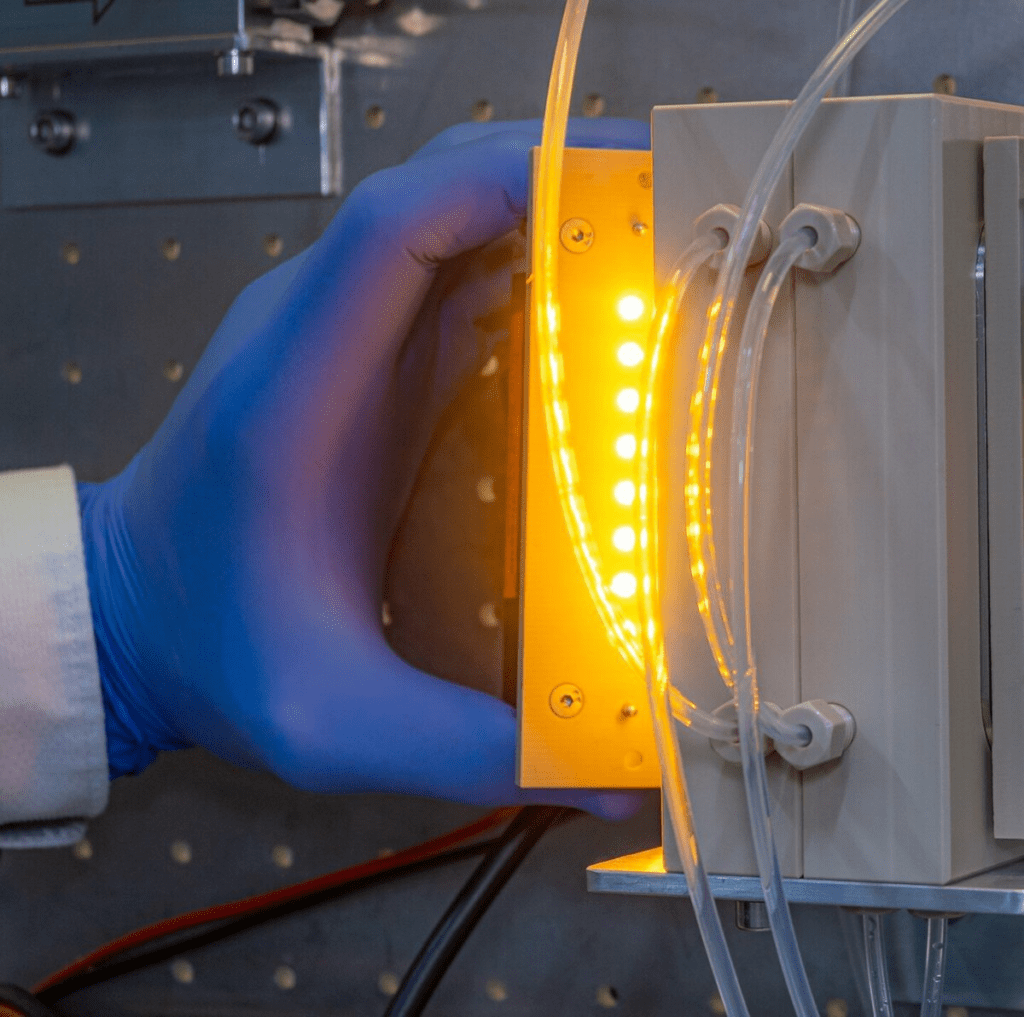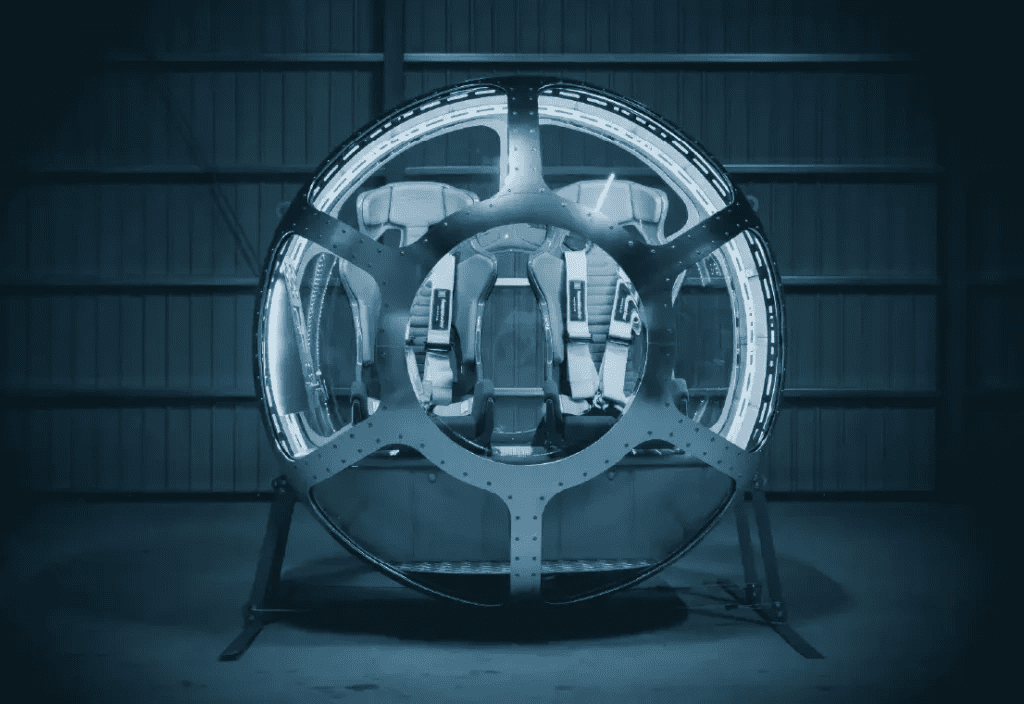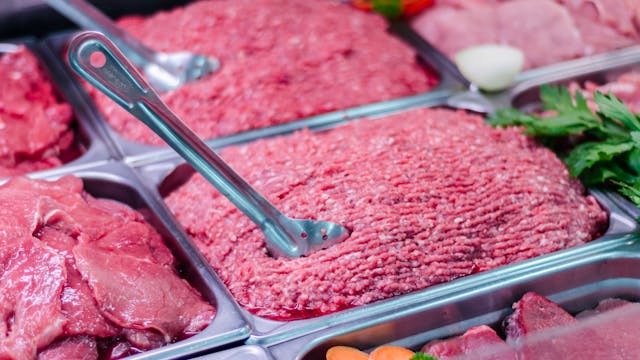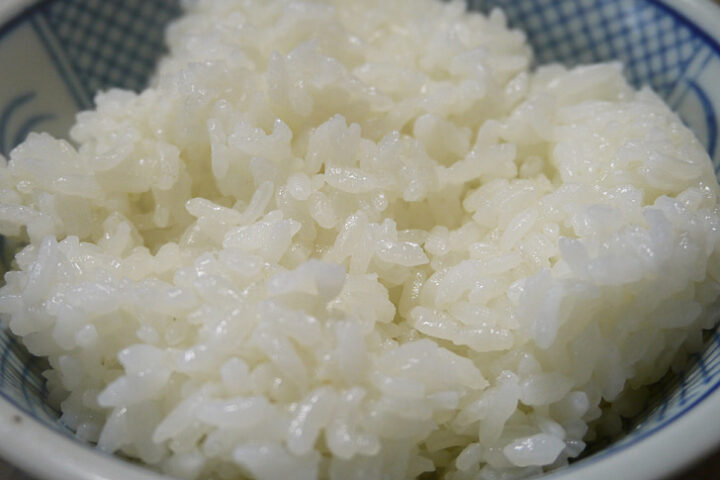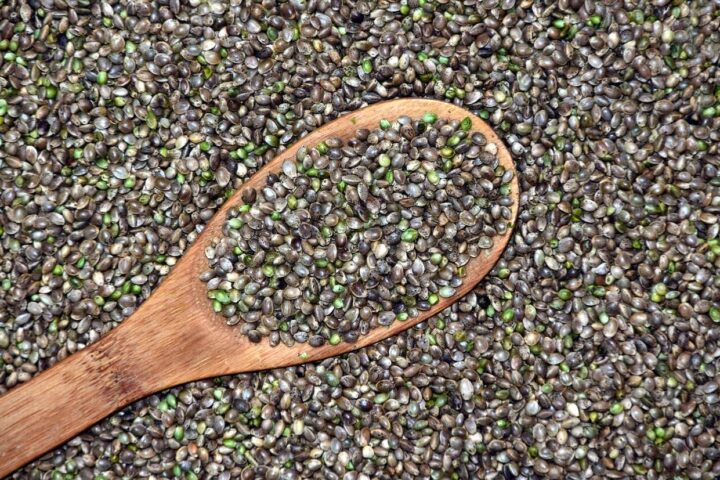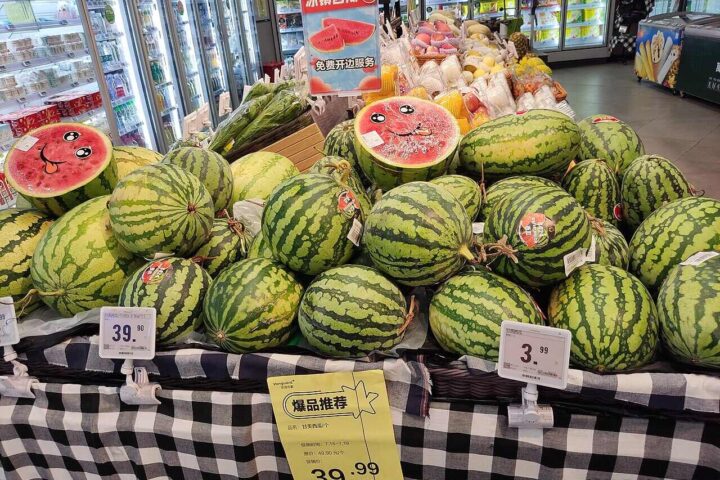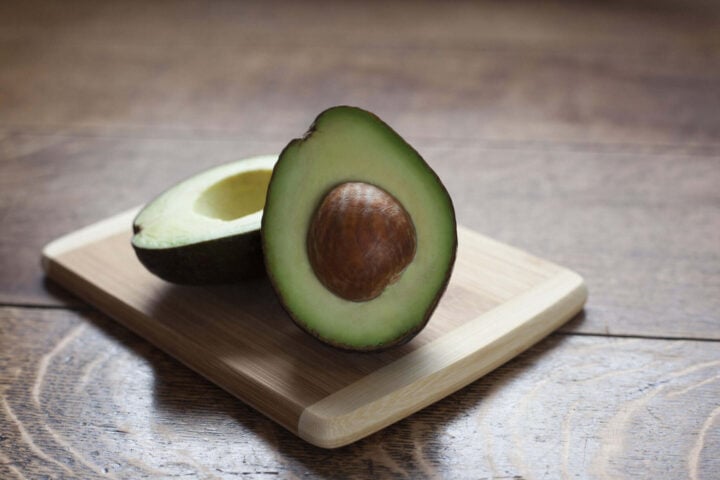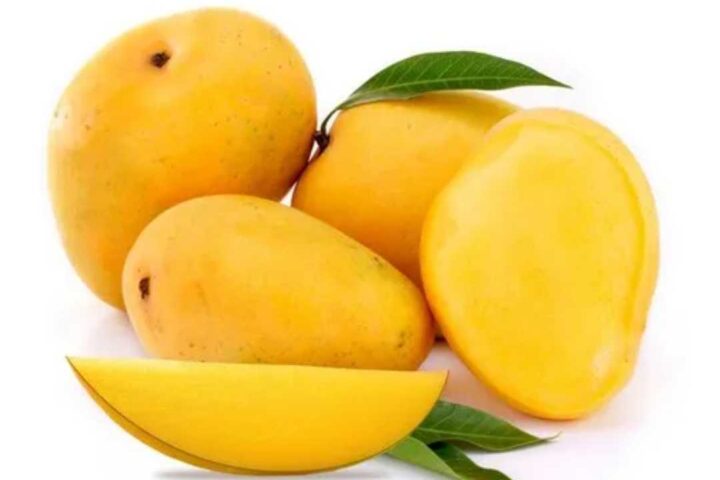Kipster, the innovative Dutch egg farm, is revolutionizing the way we think about sustainable egg production. Their approach to carbon-neutral eggs is a game-changer in the industry. By eschewing traditional chicken feed composed of human-grade corn, Kipster opts for a more sustainable method. They feed their chickens upcycled food, such as oat hulls and rejected pasta products, predominantly sourced from bakery and manufacturing byproducts. This ingenious feeding strategy, which comprises at least 85% of their chicken feed, drastically cuts down on the conventional use of corn and soy. This not only benefits chicken feed supply but also ensures more food availability for human consumption.
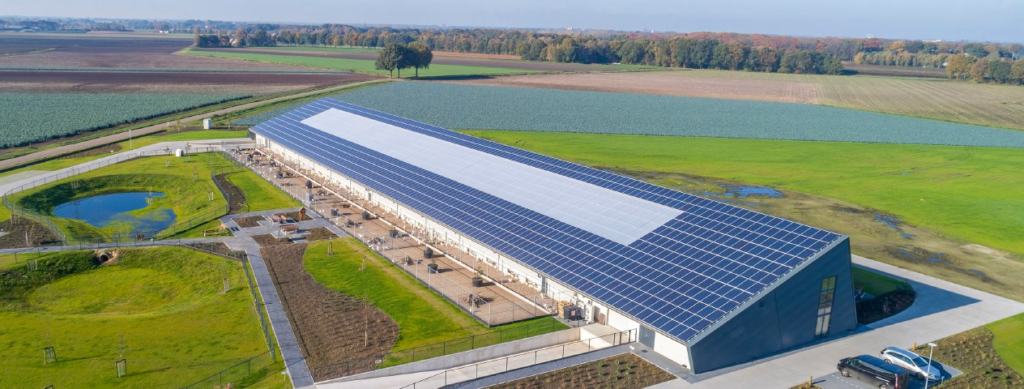
This eco-friendly model is now crossing oceans to the United States, starting with availability in Michigan and the Cincinnati area. The eggs, co-branded as Simple Truth + Kipster under Kroger’s label, are a testament to Kipster’s commitment to sustainability. The expansion, in collaboration with food giant Kroger and MPS Egg Farms, aims to make carbon-neutral eggs widely available across the country within the first half of the year.
The introduction of Kipster’s eggs in the United States is a significant step in showcasing sustainable egg production on a global stage. Their collaboration with Kroger and MPS Egg Farms aligns with Kroger’s Zero Hunger | Zero Waste plan, furthering a shared mission of environmental responsibility and positive social impact.
Similar Posts
Traditional chicken feeding methods, primarily involving corn and soy, are resource-intensive and contribute significantly to the carbon footprint of egg production. Kipster offers a viable alternative for those seeking sustainable and environmentally friendly products. The company’s dedication to ethical animal treatment and efficient use of land, food, and renewable resources is commendable. Their farms also provide chickens with free-range areas, ensuring their well-being.
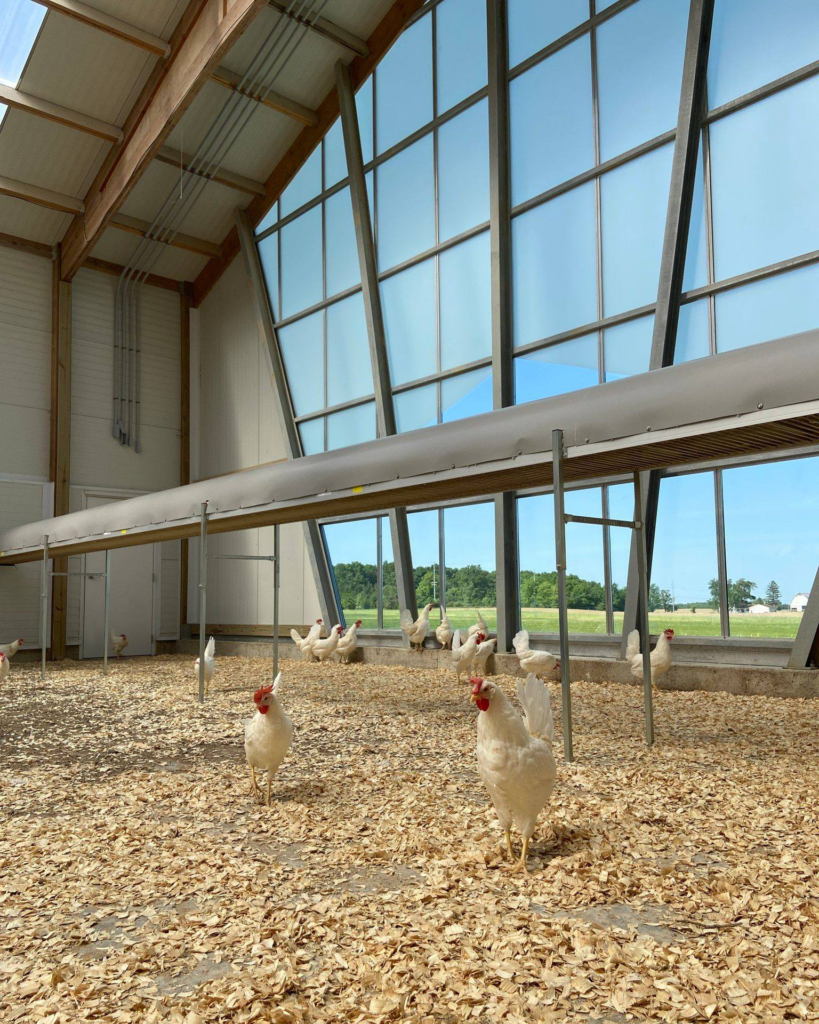
Kipster’s carbon-neutral egg production might be just the step forward in reducing egg production’s carbon footprint that many were waiting for. It might propel the push towards a more sustainable food system. Consumers in the United States now have the option to choose Kipster’s carbon-neutral eggs, supporting a movement towards a greener, more ethical food industry.
